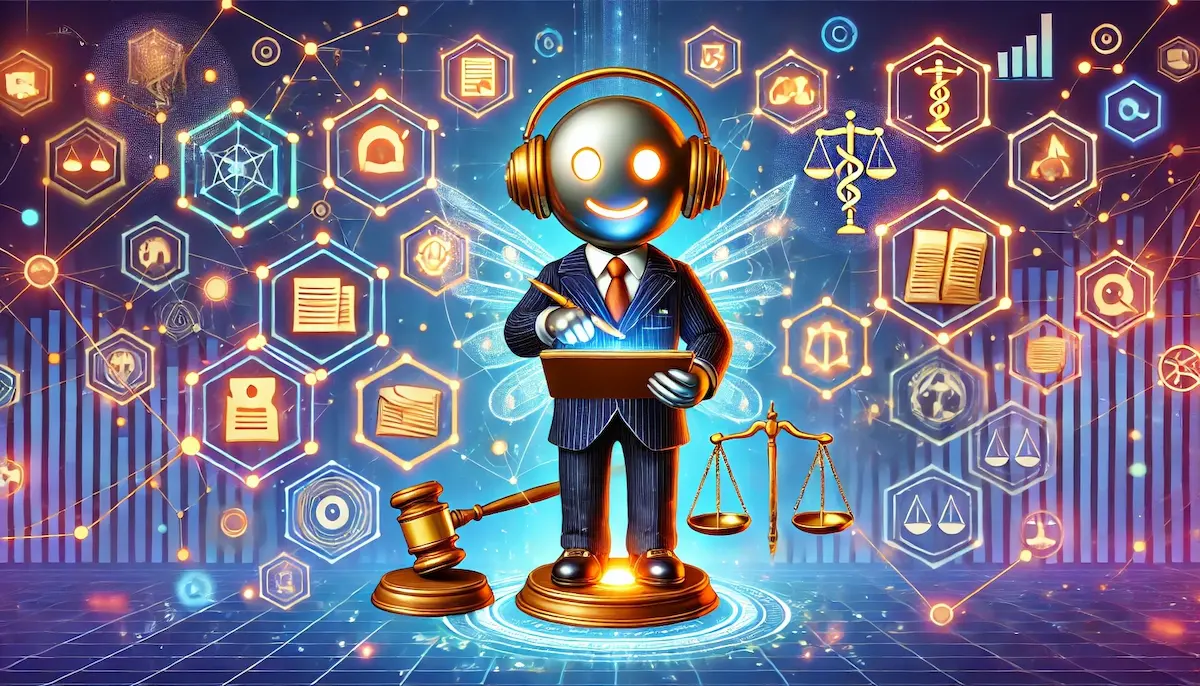LegalTech, short for legal technology, refers to the use of technology and software to provide legal services, streamline legal processes, and enhance the efficiency and accessibility of the legal industry. By integrating advanced tools into various aspects of legal practice, LegalTech aims to improve the delivery of legal services, reduce costs, and make the legal system more transparent and accessible. This article explores what LegalTech is, how it works, and its benefits and applications.
What Is LegalTech?
LegalTech encompasses a broad range of technologies and solutions designed to assist lawyers, law firms, and legal departments in managing their work more effectively. This includes everything from document management and legal research to online dispute resolution and artificial intelligence (AI) for contract analysis. LegalTech aims to modernize the legal industry by automating routine tasks, facilitating better data management, and enhancing client engagement.
How Does LegalTech Work?
LegalTech works by integrating various technological tools into the daily operations of legal professionals. Here are some key technologies and their applications in LegalTech:
Document Management Systems (DMS)
Document management systems help law firms and legal departments organize, store, and retrieve legal documents efficiently. These systems offer features like version control, secure access, and metadata tagging.
Legal Research Platforms
Legal research platforms, such as Westlaw and LexisNexis, provide comprehensive databases of legal information, including case law, statutes, regulations, and legal commentary. These tools use advanced search algorithms to help legal professionals find relevant information quickly.
E-Discovery Tools
E-discovery tools automate the process of identifying, collecting, and producing electronically stored information (ESI) for legal cases. These tools use AI and machine learning to sift through large volumes of data, identifying relevant documents and reducing the time and cost associated with manual review.
Contract Management Software
Contract management software streamlines the creation, negotiation, execution, and monitoring of contracts. Features include template libraries, automated workflows, and contract analytics to ensure compliance and mitigate risks.
AI and Machine Learning
AI and machine learning algorithms are used to analyze legal documents, predict case outcomes, and provide insights. Examples include:
- Predictive Analytics: Forecasting case outcomes based on historical data.
- Natural Language Processing (NLP): Extracting relevant information from legal texts and facilitating automated document review.
- Chatbots: Providing instant responses to client inquiries and legal queries.
Online Dispute Resolution (ODR)
Online dispute resolution platforms facilitate the resolution of disputes through digital means, offering mediation, arbitration, and negotiation services. These platforms provide a convenient and cost-effective alternative to traditional court proceedings.
Practice Management Software
Practice management software helps law firms manage their day-to-day operations, including case management, time tracking, billing, and client communications. These tools enhance organizational efficiency and improve client service.
Cybersecurity Solutions
Cybersecurity solutions protect sensitive legal data from unauthorized access, breaches, and cyber threats. These tools include encryption, secure communication channels, and intrusion detection systems.
Benefits of LegalTech
Increased Efficiency
LegalTech automates routine tasks, reducing the time and effort required for administrative processes. This allows legal professionals to focus on more complex and strategic work.
Cost Reduction
By streamlining operations and reducing manual labor, LegalTech helps law firms and legal departments cut costs. This is particularly beneficial for clients, who often see reduced legal fees.
Enhanced Accuracy
Advanced technologies like AI and machine learning improve the accuracy of legal research, document review, and contract analysis. This minimizes errors and enhances the quality of legal work.
Better Data Management
LegalTech provides robust tools for organizing, storing, and retrieving legal documents and information. This improves data management and ensures that critical information is easily accessible.
Improved Client Engagement
Digital platforms and tools facilitate better communication and engagement with clients. Features like client portals, chatbots, and online dispute resolution make legal services more accessible and responsive.
Greater Accessibility
LegalTech solutions democratize access to legal services by providing affordable and scalable options. This is particularly important for individuals and small businesses that may not have the resources to engage traditional legal services.
Applications of LegalTech
Legal Research and Analysis
Legal research platforms and AI-powered tools help lawyers conduct thorough and efficient legal research. These tools provide access to extensive legal databases and analyze legal texts to extract relevant information.
Document Automation
Document automation tools generate legal documents based on predefined templates and user inputs. This streamlines the drafting process and ensures consistency and accuracy.
Case Management
Case management software organizes and tracks case-related information, including deadlines, documents, and communications. This helps legal professionals manage their caseloads more effectively.
Compliance and Risk Management
LegalTech solutions assist organizations in managing compliance and mitigating legal risks. This includes tools for monitoring regulatory changes, conducting audits, and managing contracts.
Virtual Law Firms
Virtual law firms leverage LegalTech to provide legal services remotely. These firms use digital platforms for client consultations, document sharing, and case management, offering flexibility and convenience to clients.
Litigation Support
Litigation support tools assist legal teams in preparing for trials and hearings. This includes e-discovery tools, case analysis software, and trial presentation tools.
Conclusion
LegalTech is transforming the legal industry by integrating technology into various aspects of legal practice. From document management and legal research to AI-driven analytics and online dispute resolution, LegalTech solutions enhance efficiency, reduce costs, and improve the delivery of legal services. As technology continues to evolve, the potential for LegalTech to revolutionize the legal landscape and make legal services more accessible and effective is immense.
Blockfine thanks you for reading and hopes you found this article helpful.
